2022/08/26

There’s hardly been a more consequential law for immigration policy over the past several years than the Administrative Procedure Act, which has been used against both the Trump and Biden administrations to great effect by those charging that the federal government is making decisions capriciously.
Among the policies in the crosshairs has been Deferred Action for Childhood Arrivals, the Obama-era executive program that since 2012 has offered hundreds of thousands of young people brought illegally into the country as children the opportunity to secure work authorization and be shielded from deportation.
In its more than 10 years of existence, DACA has been the subject of constant litigation and barely held on until, last July, Trump-appointed Texas federal Judge Andrew Hanen — quickly becoming a go-to hatchet man for conservatives hoping to nix Biden priorities — ruled it unconstitutional, allowing current enrollees to renew applications but blocking additional enrollments, and setting up the eventual termination of the policy.
Hanen decided that, when Obama’s Department of Homeland Security first issued the memo establishing DACA, it did so without observing proper rule-making procedures. Biden has now neutralized this argument by putting a new, formal federal rule reestablishing the DACA program through an extensive notice-and-comment period, crossing all the t’s and dotting all the i’s. Its structure is the exact same as the existing DACA policy, but it now has the much more solid backing of being part of the nation’s official regulatory framework.
This should help the program clear legal obstacles, but it’s not enough. The administration must be prepared to keep defending it all the way up to the Supreme Court while continuing to put pressure on lawmakers to finally codify a version of the DREAM Act into law, offering not just DACA’s temporary protections but a full path to citizenship for people for whom the United States is and will always be home, including for the many children who have arrived since the original supposed stopgap program went into effect. That’s the answer truest to our common values: treating hardworking, law-abiding immigrants as fellow Americans.
———
© New York Daily News

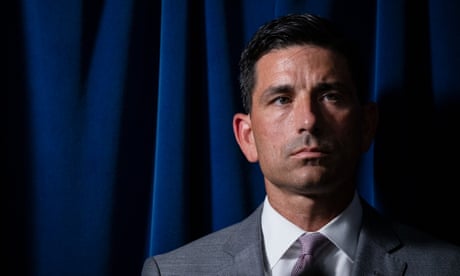
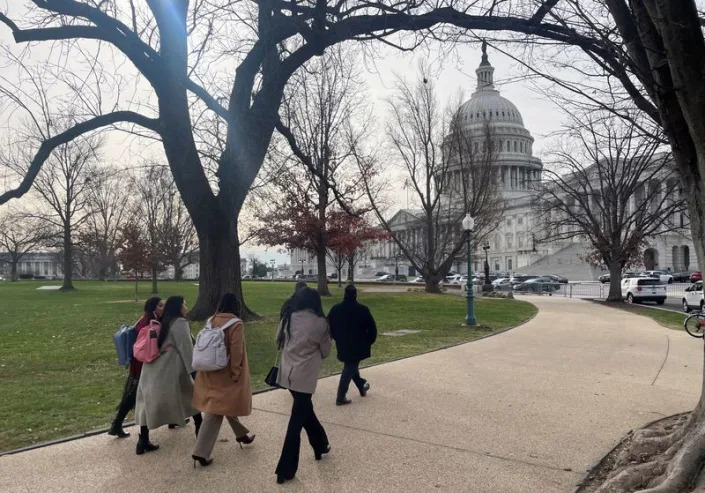
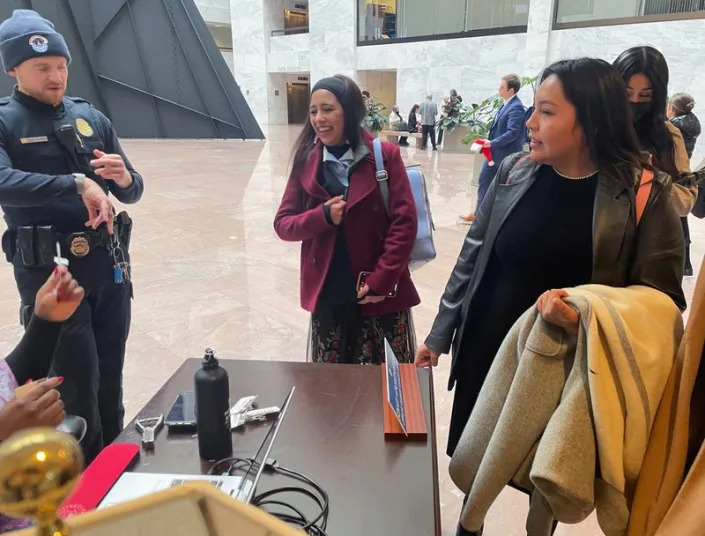
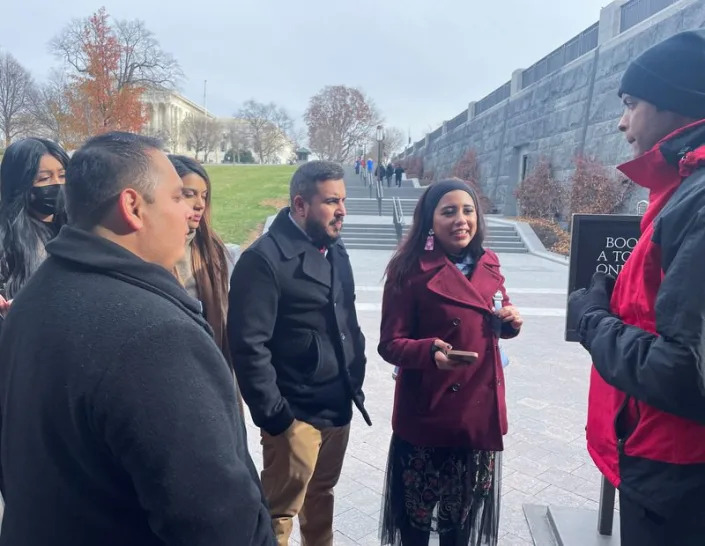


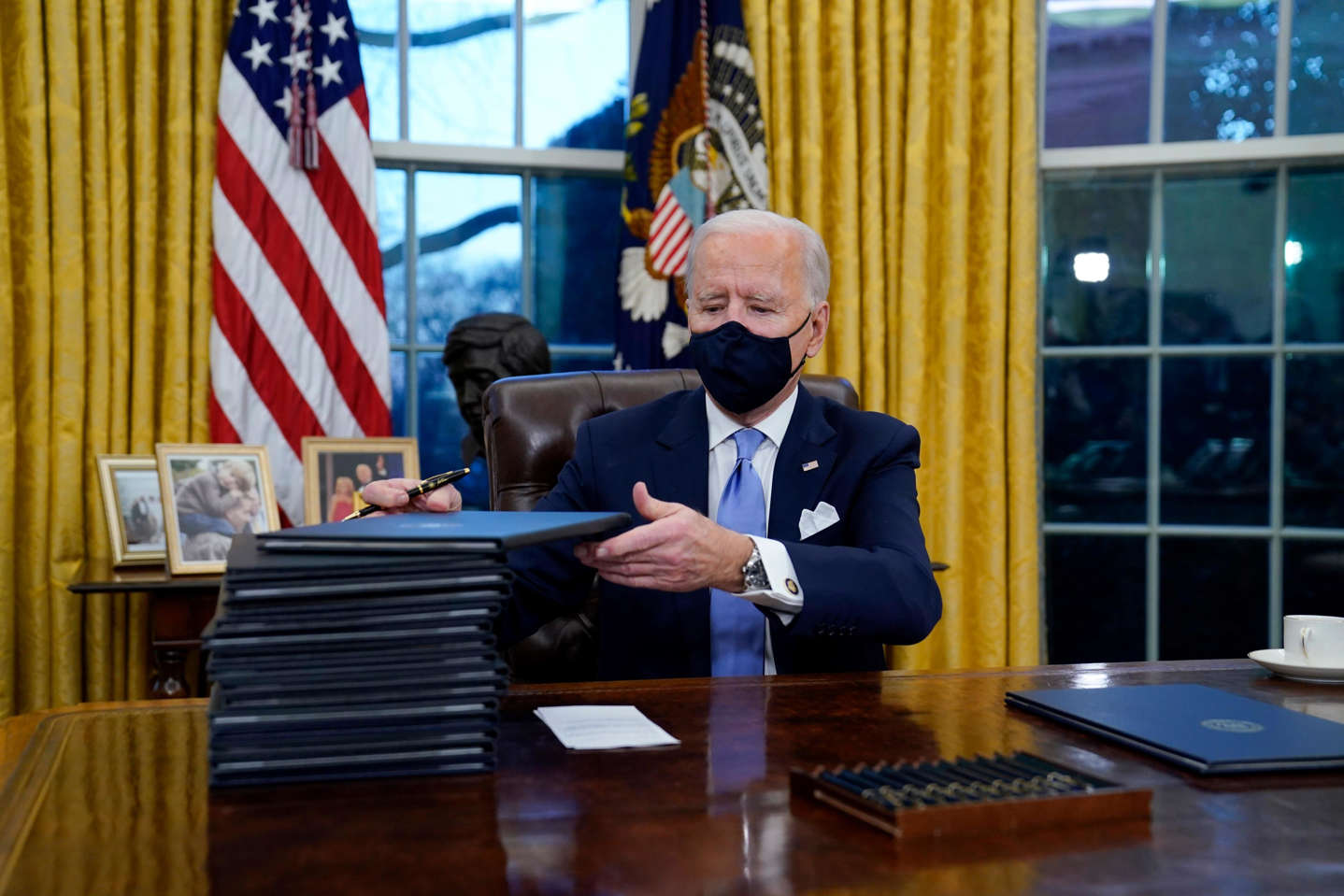






.jpg)







